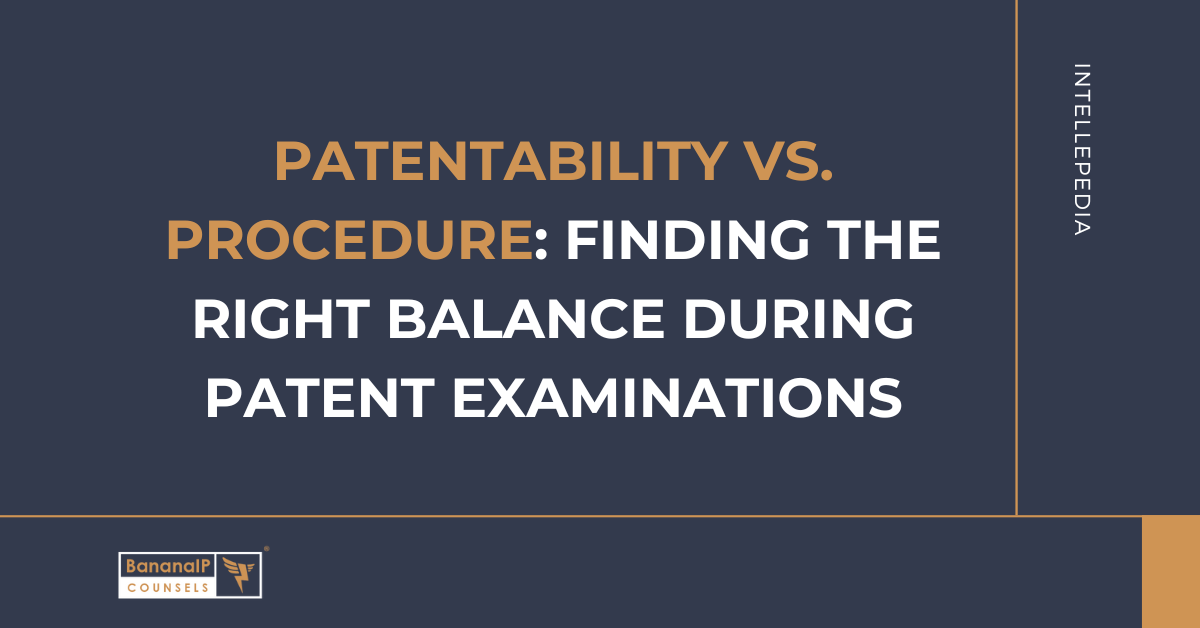In Base SE v. Deputy Controller of Patents, the Calcutta High Court ruled that scientific and technical inventions addressing agricultural problems are not excluded under Section 3(h). It also clarified that partial grant of patent claims is not permitted under Indian patent law.
Read more about Calcutta High Court Clarifies Scope of Section 3(h) in Patent Law: Base SE v. Controller of PatentsTag: Patentability
Patentability vs. Procedure: Finding the Right Balance during patent examinations
The Delhi High Court ruled in favor of Arcturus Therapeutics, overturning the Controller’s rejection of its patent application on procedural grounds. The Court emphasized that procedural compliance should not override substantive examination, directing the Patent Office to reassess the application on its merits.
Read more about Patentability vs. Procedure: Finding the Right Balance during patent examinationsFrivolous inventions and abstract theories – Delhi High Court refuses patent appeal
The Delhi High Court dismissed an appeal against the rejection of a patent application due to lack of novelty and a significant procedural delay of 701 days. The appellants, who had filed a patent application for black-colored wearables with claimed effects on human energy, failed to provide scientific evidence or technical merit. The court upheld the Indian Patent Office’s decision, emphasizing that abstract ideas are not patentable and reaffirming the importance of adhering to statutory deadlines for appeals.
Read more about Frivolous inventions and abstract theories – Delhi High Court refuses patent appealBlackberry blacks out in case relating to patentability of algorithmic processes
The Delhi High Court dismissed Blackberry’s appeal against refusal of its patent application, holding that algorithmic processes remain excluded from patent protection under Indian law. The decision clarifies the interpretation of Section 3k with respect to software and computer-related inventions.
Read more about Blackberry blacks out in case relating to patentability of algorithmic processesComputer Programs with Technical Effect such as enhancing speed and efficiency are patentable, reiterates the Delhi High Court
The Delhi High Court has confirmed that computer programs with demonstrable technical effect, such as improving speed or efficiency, may be patentable under Indian law. This decision aligns Indian patent jurisprudence with international standards and clarifies the scope of Section 3(k).
Read more about Computer Programs with Technical Effect such as enhancing speed and efficiency are patentable, reiterates the Delhi High CourtCow dung lamp from Traditional Knowledge fails to light up patentability standards
The Madras High Court dismissed an appeal seeking patent protection for a cow dung lamp, finding it ineligible due to reliance on traditional knowledge and lack of inventive step. The judgment offers clarity on the application of Section 3(p) and inventive step analysis under Indian patent law.
Read more about Cow dung lamp from Traditional Knowledge fails to light up patentability standardsSection 3(k) principles – Ericsson vs. Lava – Part 2
This post analyses the Delhi High Court’s interpretation of Section 3(k) in Ericsson vs Lava, focusing on the patentability of algorithms and computer programs in India. It clarifies the assessment criteria for such inventions and the legislative intent behind software patentability.
Read more about Section 3(k) principles – Ericsson vs. Lava – Part 25 Reasons to Conduct a Patent Search
Conducting a patent search is a key step in evaluating a new product idea. It enables you to assess patentability, identify potential risks, and understand industry trends. A well-executed search supports effective competitor analysis and informed product development.
Read more about 5 Reasons to Conduct a Patent SearchArtificial Intelligence (AI) Inventions and Patents
Dr. Kalyan C. Kankanala explores the challenges and trends in artificial intelligence patents, with particular attention to India’s legal and patent office landscape. The article provides an objective analysis of patentability, inventorship, and policy gaps in AI innovation.
Read more about Artificial Intelligence (AI) Inventions and PatentsSearching for Patents and Patentability of AI and Software Inventions: Session 2 of the Masterclass on IP
This session of the masterclass explored patentability criteria and search strategies for AI and software inventions. Attendees learned about the patent process, prior art search, and practical considerations for Indian innovators. The session offered valuable guidance on intellectual property for startups.
Read more about Searching for Patents and Patentability of AI and Software Inventions: Session 2 of the Masterclass on IP

